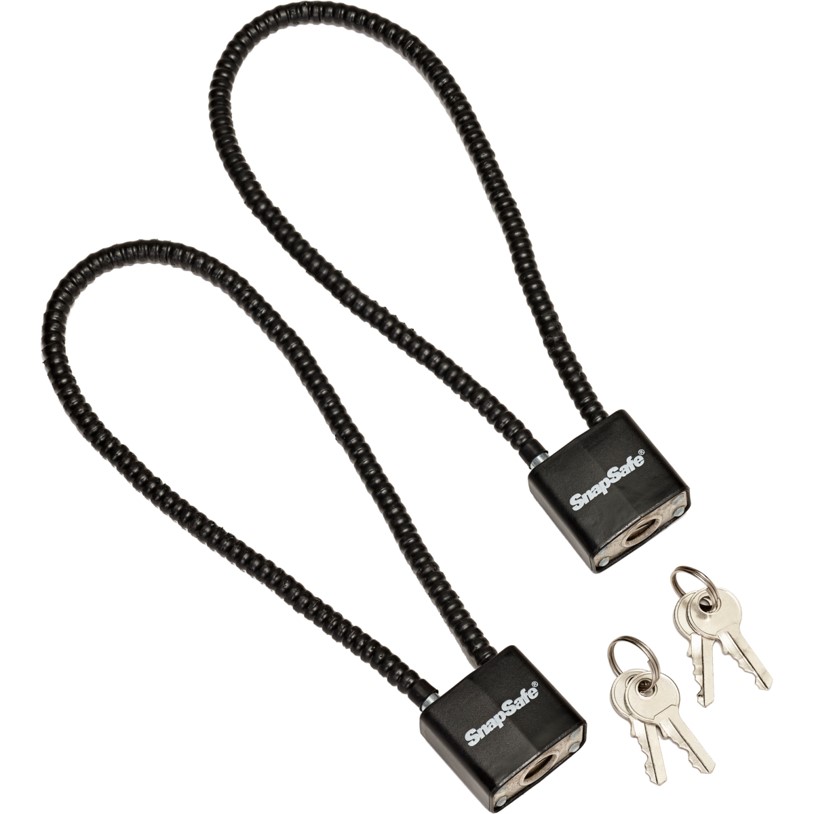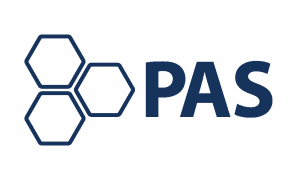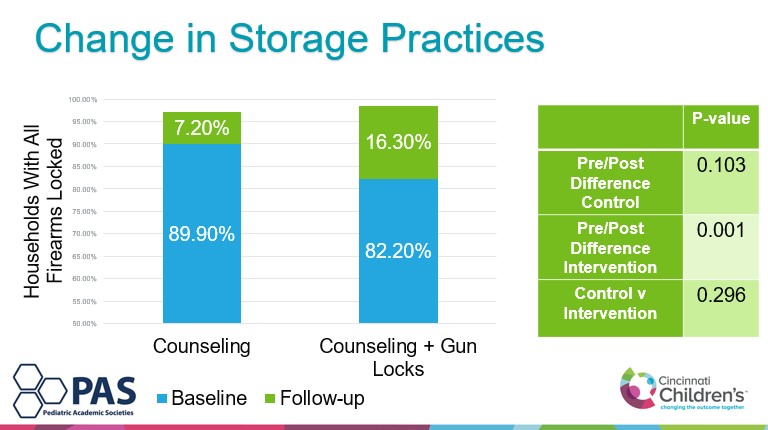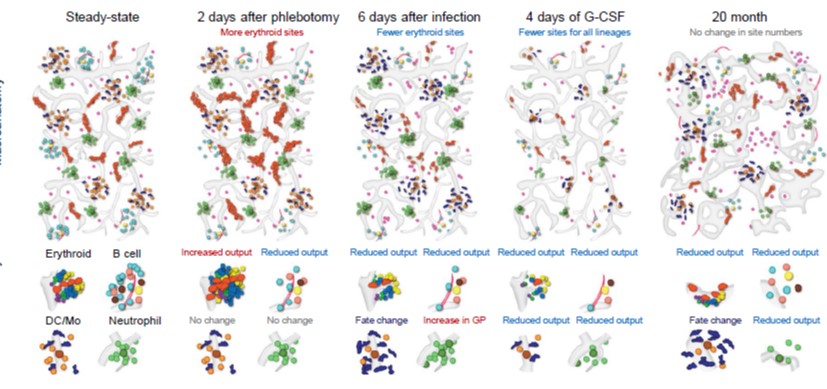When This Hospital Gave Gun Locks to Families in Crisis, More People Secured Their Firearms
Research By: Bijan Ketabchi, MD
Post Date: May 3, 2022 | Publish Date:


Data presented at PAS indicate gun safety counseling plus giving away locks appears more effective than counseling alone
Post written by Bijan Ketabchi, MD, Pediatric Emergency Medicine Fellow
Over the last decade, suicide has risen to become the 2nd leading cause of death in children and teens in the United States. In fact, according to a 2021 national survey, almost 19% of high school students had considered suicide in the last year. Since 2008, firearm suicides have increased by almost 90%, making it the No. 1 cause of completed suicide in children.
The American Academy of Pediatrics (AAP) guidelines state that it is safest to not have firearms in homes with children. The guidelines also state that any guns that remain in the home should be kept (1) locked, (2) unloaded, (3) with ammunition secured separately. Following these recommendations can decrease the risk of suicide or accidental injury by nearly 80%.
Unfortunately, many families do not follow these guidelines, leaving 15 million children in homes with unsafely stored guns. This is especially worrisome because 82% of firearms used in pediatric suicide are found within their own home.
Doctors and mental health care workers in emergency departments (ED) have been working at the forefront of this suicide epidemic. Since 2007, there has been a 250% increase in the number of children presenting to the ED for suicide-related concerns. Because of this influx, when children present to the ED for mental health-related concerns–such as depression, suicidal thoughts, or behavior problems–we have a unique opportunity to provide suicide prevention safety education to families. This is especially important because many children do not have a primary care pediatrician and even fewer have contact with a mental health care professional to provide this type of safety education.

One question that has not been definitively answered is, “How can we best help families keep their kids safe from firearm injuries?” Past studies have indicated that if just a fraction of families with unsecured guns moved to locking all guns in the home, hundreds of adolescent suicides and injuries could be prevented.
We know that counseling and education are important, but can more be achieved?
Families Use Provided Locks. Some Buy Even More
On April 25, 2022, we presented data at the Pediatric Academic Societies Meeting in Denver from our study seeking to determine if providing gun locks in addition to safety counseling led to more households locking all their guns compared to providing counseling alone. We focused on families bringing their child to the emergency department for evaluation of a mental health concern because these patients are at very high risk for suicide or self-harm.
We enrolled 200 parents or other caregivers into our study with half getting counseling plus 2 cable-style gun locks and half getting counseling alone. We asked them to complete a short survey about how guns are stored in their home just prior counseling. A follow-up survey was sent four weeks later to assess the impact of our safety education on home safety behaviors.
Our study showed that while most families do a great job of locking guns in their home, there is still significant room for improvement.
Upon enrollment, over 80% of families in both study arms reported keeping all guns in the home locked. While counseling alone resulted in an increase in families reporting they had secured all their guns, the lock-receiving group showed a more substantial improvement. Among families that received gun locks during their counseling, over 70% utilized them to help lock-up guns in their home. Additionally, almost 65% of all families went on to purchase additional safety devices and 15% removed guns from their homes.
Lethal Means Counseling Well-Received
One of the most important findings of our study is that 93% of caregivers viewed the counseling they received positively, meaning that families are very receptive to this ED-based counseling. Our study demonstrates that providing this type of safety education, called Lethal Means Counseling, is one of the best ways doctors can support families, but that also providing safety devices seems to improve home safety even more.
Several investigators at Cincinnati Children’s contributed to this research. They include Mike A. Gittelman, MD, Co-Director, Comprehensive Children’s Injury Center, and Wendy Pomerantz, MD, MS, Co-Director of the Injury Center and of the Injury Free Coalition for Kids.
We hope our findings inspire more health care professionals to discuss firearm safety with caregivers, especially those with children at high risk for suicide.
Next Steps
We are working on ways to make Lethal Means Counseling standard for all families of patients with mental health concerns. We also hope to continue distributing safety devices, however, securing additional funding will be needed to do so.
Some studies have indicated that gun safes and lockboxes may be even more helpful than cable locks because they can safely secure multiple guns as well as ammunition. More research about the most cost-effective security methods is needed.
Likewise, as child and teen suicide is a nationwide problem, we hope to see this study expanded to more families via more hospitals across the U.S. over longer periods of time. This study did not last long enough to provide statistically meaningful data on how many suicides may have been prevented by providing gun locks to families.
At Cincinnati Children’s, Ketabchi will be spending the next year in collaboration with faculty in Emergency Medicine and Child & Adolescent Psychiatry to build a unique training pathway focused on optimizing care for children coming to the emergency department for mental health concerns.
View a video recording of Ketabchi’s PAS presentation
“Impact of Gun Lock Distribution on Firearm Securement After Emergent Mental Health Evaluation: A Randomized Controlled Trial”
(Registration to PAS may be required for full access.)
Read More About PAS 2022
Read Why Attending PAS 2022 Was Good for This Doctor’s Soul
Kahn, Jain, Day Honored at PAS 2022
Research By






